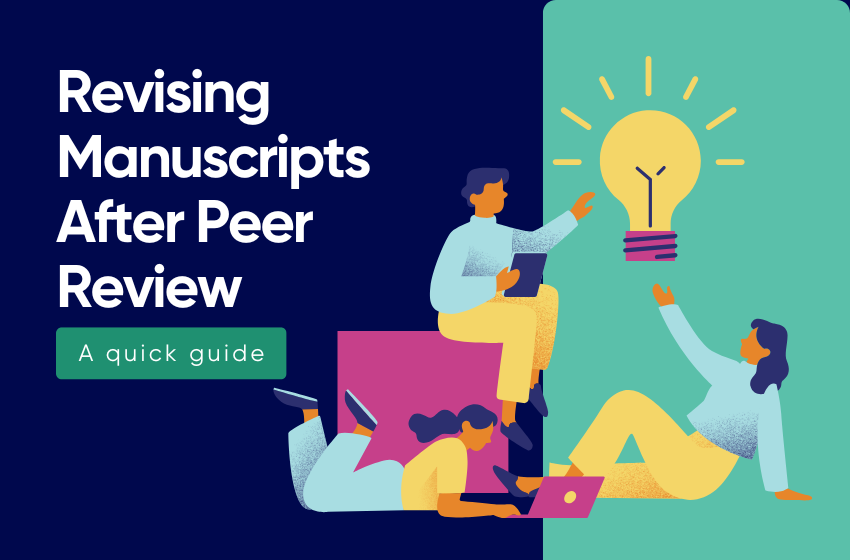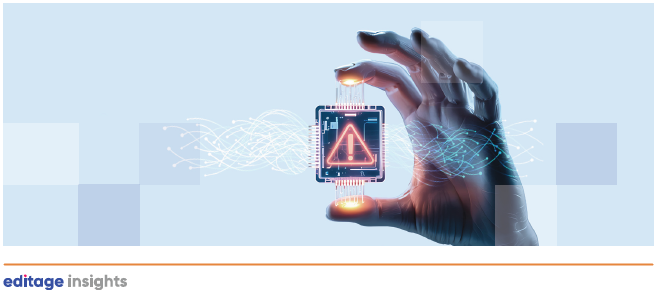Getting revision requests after peer review is a typical part of academic publishing process. Almost every paper that gets accepted goes through this. At first, it might feel a bit daunting, but here’s the Read More
Today, when the internet is flooded with hacks, reels and short-cuts, one can get lost among the tips! What you really need is just one straightforward checklist to help you navigate the multiple roles that Read More
Artificial intelligence (AI) is quickly becoming a key player in academic settings, assisting students and researchers with conducting research, analyzing data, and even writing and publishing. Researchers all over the world are weaving new tools Read More
Attending conferences can feel a bit overwhelming, can’t they? With so many sessions happening all at once, venues that seem to stretch on forever, and social situations that might feel a bit daunting, it Read More
Editage Insights completes 12 years To commemorate this milestone, we invite you to travel along a timeline of publishing and how things have changed over the last 12 years! A timeline of shifts shaping how science is Read More
The Open Access (OA) movement continues to gain momentum, fundamentally reshaping scholarly publishing and redefining how research is created, shared, and accessed worldwide. By removing paywalls and subscription barriers, OA makes research outputs immediately available Read More
AI is already reshaping the world of research and publishing, and peer review is no exception. While these tools can help reviewers work smarter—from catching language issues to flagging image problems, they also come Read More
AI tools, use, and policies are evolving fast. Learn how to use AI responsibly in research and academic writing. This quick guide for authors covers AI in literature search, editing, translation, data analysis, and image Read More
Plain Language Summaries (PLS) are short explanations of scientific or medical research that translate complex, technical content into language that non-experts can understand. PLS essentially take a study or published research article, which often uses Read More
Modern Language Association (MLA) style guide is a staple in the field of humanities, and as researchers start their writing and publishing journeys, they are expected to have a good grasp on this formatting style. Read More










